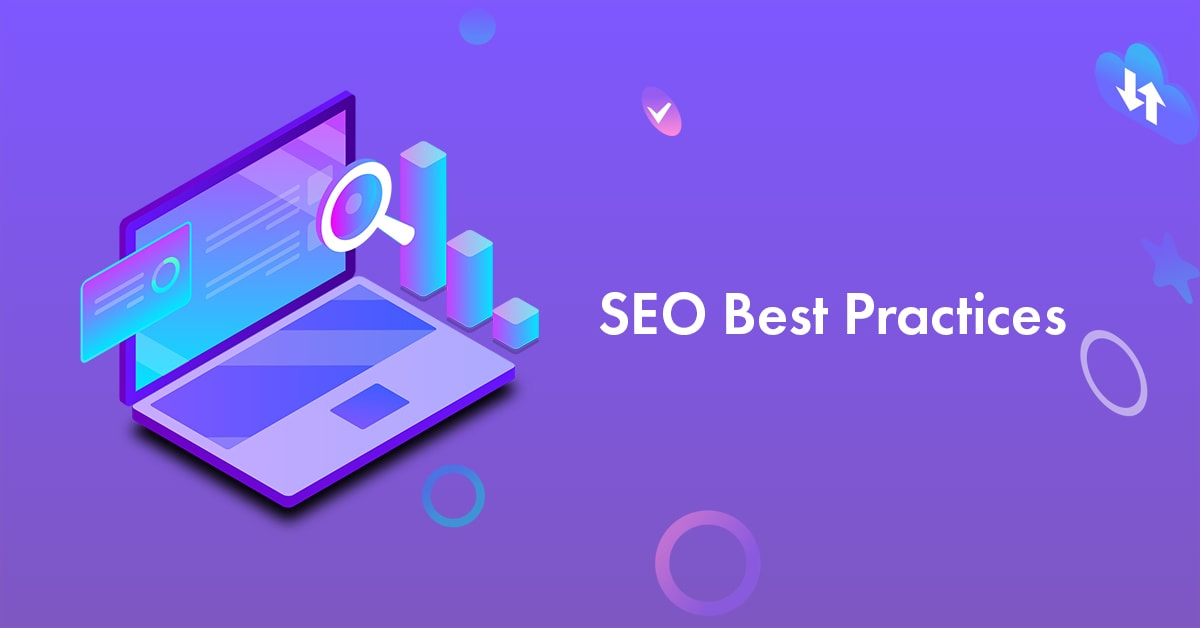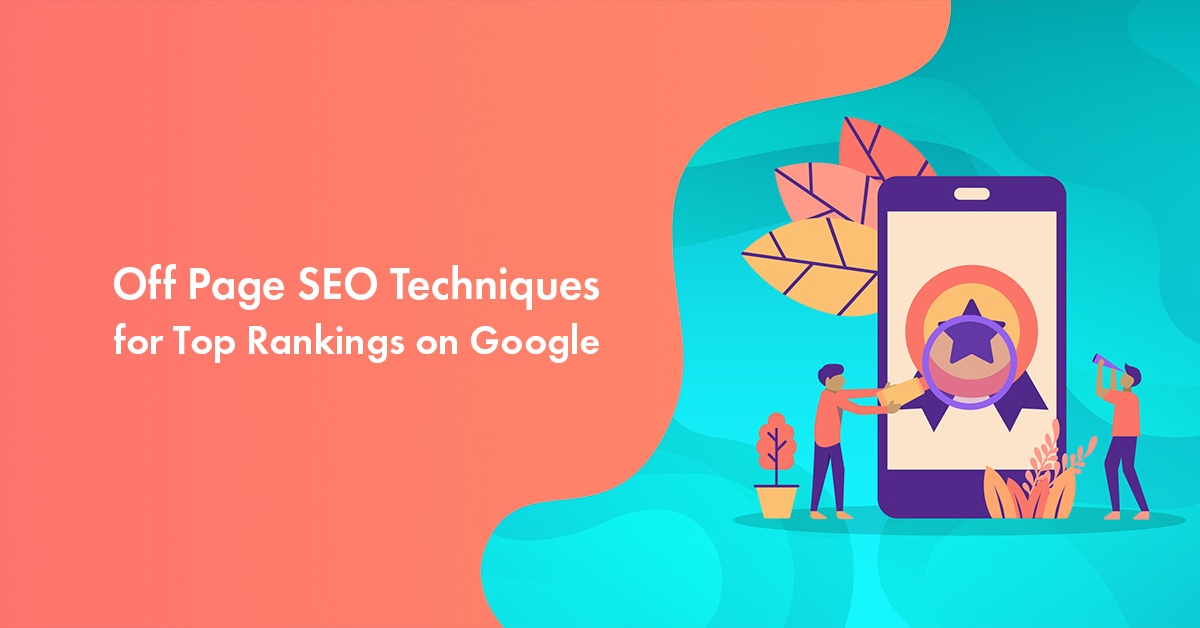Did you know that Google has a HUGE share in the search engine market of around 84.08%?

The second biggest search market share has Yahoo, with only 2.55 percent! That’s how BIG Google is. If you’re planning to increase your search traffic, you simply can’t ignore Google.
But here’s the thing about Google: it makes A TON of changes to its search algorithms. Last year, it made over 4300 changes, 11,500 live traffic experiments, 757,583 search quality tests, and over 72,300 side-by-side experiments. (Source)
That’s a lot of changes and experiments, right? Most of these Google changes can be attributed to EAT concept in SEO. If you’re wondering what Google EAT update is, this guide is just for you.
You’ll discover;
- A brief history of EAT Concept
- What is EAT in SEO
- How to improve your website’s EAT score and much more
Are you ready? Let’s jump into the details.
Table of Contents ☰
What is the E-E-A-T concept in SEO? Why It’s Important?

Here’s a brief history of E-E-A-T updates from Google:
- March 2013: Google officially published its “Search Quality Rater” Guidelines, which primarily covered Page Quality (PQ) rating and Needs Met (NM) rating
- March 2014: Google added E-A-T (Expertise, Authoritativeness, and Trustworthiness) to the guidelines
- December 2022: Google recently introduced E-E-A-T, adding an extra “E” for “Experience.”
What Is E-A-T in SEO?
E-A-T is an acronym for Expertise, Authoritativeness, and Trustworthiness.
It is created by Google to judge a website’s credibility and content quality.
E-A-T is important for most of search queries. EAT is even more important for YMYL websites.
YMYL stands for “Your Money, Your Life.”
YMYL websites cover topics that could potentially impact a person’s health, wealth, happiness, safety, etc.
For example, if someone’s searching for the “best food to eat when suffering from fever”, Google wants to show information from authoritative websites (mostly medical websites).
Have a look;

As you can see above, Google shows a featured snippet for a health website, “Healthline” (a #1 source for expert health guidance).
Google does NOT want to show articles that are written by newbie writers or unauthoritative sites. Are you getting it?
In some niches (especially where credible and accurate information is needed), EAT signals are extremely important.
Trust is the MOST important factor in EEAT concept;

So let’s now talk about the EEAT signals in detail so you can understand better.
Experience
Quality content is one of the major factors of “Experience” in EEAT concept, as content writers with better experience about the subject create quality content.
Here’s an excerpt from Google’s updated search quality rater guidelines about “Experience”:
“Many types of pages are trustworthy and achieve their purpose well when created by people with a wealth of personal experience.”
For example, which would you trust: a product review from someone who has personally used the product or a “review” by someone who has not?”
If you’ve expert writers creating content for you, your website will have better EEAT signals.
Expertise
Does your content team has better knowledge, qualifications, and credentials on the topics they cover? Those things demonstrate the “Expertise”.
Experience and Expertise are TWO different concepts for Google EEAT.
For example, anyone can share “money saving tips” based on their “Experience”.
But… only “Experts” like Dave Ramsey can share “finance tips” based on practical information and years of research.
How authoritative your website is? How your website is better than other websites in your niche?
Google quality raters often review the authoritativeness of several things including;
- The authority of the website
- Content quality
- Authoritativeness of the creator
For example, an article on “How to save money” from David Ramsey is authoritative because:
- Ramsey is a well-known financial guru for money advice
- The authors who publish on their website are mostly finance experts

As you can see, Ramsey is also showing his credentials to demonstrate the “authorativiness” of the website in author bio.
Trustworthiness
How trustworthy and credible your website is when it comes to YMYL (Your Money Your Life) topics? Or any topic that you cover on your website for that matter?
Make sure to verify every single point that you mention within your content. Give clear instructions to your website creators to publish ONLY credible data from trusted sources.
Also, if you’re selling something on your website, make sure to let your consumers know that all transactions are secure. That’s how you can build trust with your website.
How to Improve Your Website’s E-E-A-T? 5 PROVEN Ways
So how do you improve your website’s EEAT? Here are a few proven ways to build credibility and trustworthiness of your site in 2024.
1. Create helpful content & keep it fresh
Which Areas It Can Impact: Experience, Authority
What’s the #1 thing Google wants in a website?
Helpful content.
What does it mean by helpful content?
The content should be;
- Well-written (without grammatical errors)
- High-quality (engaging and visually appealing)
- Informative (add value to the user)
- Relevant content to the user’s search query
What if your existing content is NOT performing well on Google?
Here’s our tip: Audit and Update Your Content
Most people create content and forget about it. What happens after a year or two? Even if it ranked on top of Google, the rankings would slowly go down because of the “content freshness” factor.
That’s why you must regularly audit and update your existing content to maintain its rankings.
Make sure to find thin content within your website (especially content with less than 400 words). Try to update it with new information or redirect it to other relevant pages. If updation is not possible, you can simply follow the content pruning technique and delete poor content from your site.
You can check out our free guide on reoptimizing your old content to improve its rankings in Google search results.
Which Areas It Can Impact: Authoritativeness, Trustworthiness
Google treats “backlinks” as votes to your website. The more “authoritative votes (aka links)” your website has, the better it is to improve your site’s EAT signals.
You don’t want to build links from untrustworthy or spammy websites, as it can do more harm than good.
And… don’t purchase links from sites like Fiverr, where they sell you hundreds of links for $5! You’ll have to pay hundreds (if not thousands) of dollars to get rid of those links later.
So how can you build links from better websites?
Guest blogging is the BEST way to get exposure to a new audience and build links.
Or you can also create 10x better content in your niche on ONE popular topic and reach out to other bloggers who’ve already linked to similar content to build links.
Here’s where tools like Semrush, Buzzsumo, etc come in handy, as they can help you find popular topics and influencers in your niche.
If you’re REALLY serious about building relevant links, you may want to invest money in a link building campaign. There are many SEO agencies or freelancers that offer link building services. That’s the exact strategy most new websites and businesses use to get links from authority websites like Forbes, The Huff Post, Entrepreneur, etc.
3. Become an expert in ONE topic
Which Areas It Can Impact: Expertise, Authoritativeness
Do you know the 10,000 rule by Malcolm Gladwell?
The key to achieving true expertise in any field is simply a matter of practicing for at least 10,000 hours.
Some examples include:
- Bill Gates, who started coding as a teen and became a master of coding before the age of 30 (and also was able to build a multi-billion dollar company like Microsoft)
- The Beatles, who played ten-hour gigs in random music clubs long before they ruled the entire music world
- Sachin Tendulkar (a famous cricketer) took up cricket at eleven and made his Test match debut only when he was 16. Later, he became the God of cricket, scoring 100 centuries!
So why are we giving such examples? If you’ve expertise in a field, Google will reward you with better rankings.
Google uses concepts like EEAT to reward content creators with expertise in their field. That’s why authority websites often invite influencers from various industries to publish their interviews, guest posts, case studies, etc.
Become an expert if you want to get top rankings on Google and improve your website’s EEAT score.
Here are some PROVEN methods to become an authority in your industry.
Identify your skills: If you’re good at SEO, demonstrate that skill through your website or YouTube videos. Knowing your skills and helping the people with those skills is often the best way to become an authority in your niche.
Focus on ONE thing: If you want to become an expert, focus on one thing at a time. What exactly do you want to achieve? Once you know what you want to achieve, you can start focusing only on that thing to get better at it.
Find a community online: Find a community such as a Facebook group, forums or LinkedIn group to share your knowledge. Find and communicate with people who are also interested in the same topic. That’s how you can demonstrate your expertise with others, which can ultimately help you build credibility.
4. Get more reviews
Which Areas It Can Impact: Authoritativeness, Trustworthiness
Getting REAL reviews from customers to your website is the BEST way to improve your EEAT signals.
Did you know that over 70% of customers search for product reviews before making a purchase online?
So, reviews can be helpful for better Google rankings and conversions.
What are the best platforms to get more reviews from customers?
Some of the best places to get reviews online include;
- Google My Business
- Yelp
- Glassdoor
- Trustpilot
There are many ways to get reviews for your website including offering incentives to reviewers, running contests, making it easier to leave reviews on your website, etc.
5. Show your credentials
Which Areas It Can Impact: Authoritativeness, Experience
It’s often better to declare who published an article and share some credentials. That’s how you can build expertise and relevance for Google.
What can you show?
You can show the author’s achievements, awards, reviews, ratings, or testimonials from other experts or organizations.
Here’s an example;

As you can see, the Healthline website shows the post on “sunscreens” is reviewed by an expert who has a Ph.D. in the medical field.
How to show credentials on your website?
There are a few ways to show credentials for Google EEAT SEO, including;
- Include your credentials in your author bio, where you can mention your name, title, education, and other skills you’ve in your industry.
- You can also link to your social media profiles with the follower count. Show your portfolio (if you’ve any), or other relevant websites that have already linked to your website or mentioned your name
- Build some social proof to your website by getting mentions and links from authority sites
10-Point Google EEAT Checklist for Better Search Rankings in 2024
Here’s a helpful Google EEAT checklist that can come in handy to rank your website higher in search results.
- Write content that is well-researched and informative. Yes, you can use AI tools for any kind of assistance in writing. But don’t depend on them entirely. Why? They mostly rehash the content that’s already available on the web. You need well-researched content to rank higher on Google.
- Use high-quality images to make your content visually appealing. You can hire someone to design appealing images or use tools like Photoshop, Canva, etc., to create graphics. Images often add more value to the content.
- Create data-driven content in your niche, and make sure to cite your sources (“Expertise” signal) wherever necessary. If possible, build a website on ONE topic and create in-depth articles around that topic to create authority in that niche.
- Get positive reviews from other websites. You can use platforms like Google Customer Reviews, Yelp, Glassdoor, Trustpilot, etc., to get customer reviews.
- Build backlinks to your website (“Authoritativeness” signal) from authority sites and relevant websites in your industry. You can use various strategies like guest blogging, outreach, broken link building, influencer marketing, etc.
- Write helpful answers on Quora and link back to your website. Quora is a popular Q&A platform used by millions of people worldwide.
- Focus on providing the BEST experience to your website users. Make it fast, use HTTPS, compress images, and keep your website up-to-date.
- If you have any qualifications (such as a degree, Master’s degree, etc.,) be sure to list them on your website. You can also include testimonials from your clients or customers.
- Google users an AI system called “RankBrain” to find the ones that are most relevant for particular queries. So optimize your website for RankBrain by focusing more on addressing user intent through your content.
- Above all, proper on-page optimization is extremely important if you want to rank your pages. It’s a smart idea to target multiple relevant keywords and sprinkle them throughout your content for better rankings.
FAQs | Google E-A-T in SEO
Here are some FAQs about the concept of EAT from Google.
EAT Stands for Expertise, Authoritativeness, and Trustworthiness. These are guidelines Google’s search evaluators use to assess website credibility and content quality. Google works with ~16,000 external Search Quality Raters who provide ratings.
E-A-T is NOT a ranking factor, but it’s an essential concept in Google, as Google wants to serve better search results with the E-A-T concept.
EEAT is simply a measure of a website’s credibility and trustworthiness. Google evaluates the EEAT signals of a website by looking at the content quality, writers’ experience, backlinks, user intent, etc.
Build expertise in the topics you create on your website. Also, build trust by building quality and relevant backlinks.
The #1 way to make your site more authoritative is to create high-quality content satisfying users’ intent. Also, getting backlinks from other authoritative websites in your niche is the fastest way to improve your site’s authority.
THREE common mistakes that can damage a website’s EEAT;
– Duplicate content
– Orphaned pages
– Links from spammy websites
Related Resources:
- Google Core Algorithm Updates: Impact & Recovery
- Step By Step SEO Tutorial For Beginners in 2024
- SEO Copywriting for Beginners
- 25 Most Important SEO Statistics You Need to Know
- How to Create A Winning Blog SEO Strategy
- How Google Reviews Can Make a Difference in SEO?
- Topical Authority SEO: How to Use It to Outrank Your Competitors
- 19 Best SEO Blogs for Beginners & Experts
- Homepage SEO: A Complete Guide for Beginners
Final thoughts on EAT SEO concept
Websites with better EAT signals are more likely to rank higher than websites with lower EAT signals. If you want to get better search rankings in Google, improve the authority and trustworthiness of your website.
EAT signals are the reason why authority sites often outrank other small websites.
What are your thoughts on EEAT SEO? Do you want to optimize your site for it? Have any questions? Let us know in the comments.




Hello, Thanks for explaining the E-E-A-T concept. As you explained authoritative website rank better than new websites, so only option for small websites is to build links from other authoritative and trustworthy websites.
I find guest blogging and blog commenting are the best ways to get backlinks from higher DA websites.
Thank you for your insights.